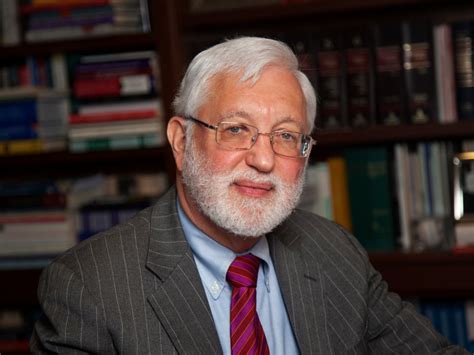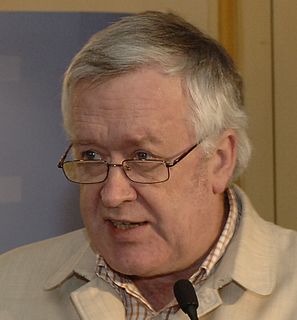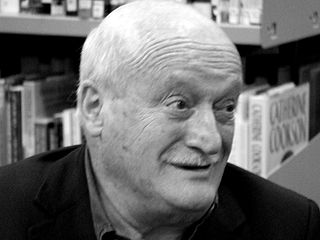A Quote by Charles Horton Cooley
The imaginations which people have of one another are the solid facts of society.
Related Quotes
It is difficult to disturb the common usage of Korean that is bent to the perspective of a male-oriented society. Korean society is based on both a politics and history that have been disguised as a solid society of solid male poems, a solid written language, fixed rules of how to write literature, and a narrative language.
Many of us who read the literature of social science as laymen are conscious of being admitted at a door which bears the watchword "scientific objectivity" and of emerging at another door which looks out upon a variety of projects for changing, renovating, or revolutionizing society. In consequence, we feel the need of a more explicit account of how the student of society passes from facts to values or statements of policy.
[The scientist] believes passionately in facts, in measured facts. He believes there are no bad facts, that all facts are good facts, though they may be facts about bad things, and his intellectual satisfaction can come only from the acquisition of accurately known facts, from their organization into a body of knowledge, in which the inter-relationship of the measured facts is the dominant consideration.
An application of judicial power that does not rest on facts is worse than mindless, it is inherently dangerous. If its deployment does not rest on facts - cold, hard, solid facts, established either by admissions or by trials - it serves no lawful or moral purpose and is simply an engine of oppression.
Unfortunately many scientists see themselves too much as priests whose job it is to preach moralistic sermons to people. This is another legacy of the 1968 generation, which I happen to belong to myself. In fact, it would be better if we just presented the facts and scenarios dispassionately - and then society can decide for itself what it wants to do to influence climate change.
Facts are neutral until human beings add their own meaning to those facts. People make their decisions based on what the facts mean to them, not on the facts themselves. The meaning they add to facts depends on their current story … facts are not terribly useful to influencing others. People don’t need new facts—they need a new story.
The society of Christendom and especially of Western Christendom up to the explosion, which we call the Reformation, had been a society of owners: a Proprietarial Society. It was one in which there remained strong bonds between one class and another, and in which there was a hierarchy of superior and inferior, but not, in the main, a distinction between a restricted body of possessors and a main body of destitute at the mercy of the possessors, such as our society has become.





































